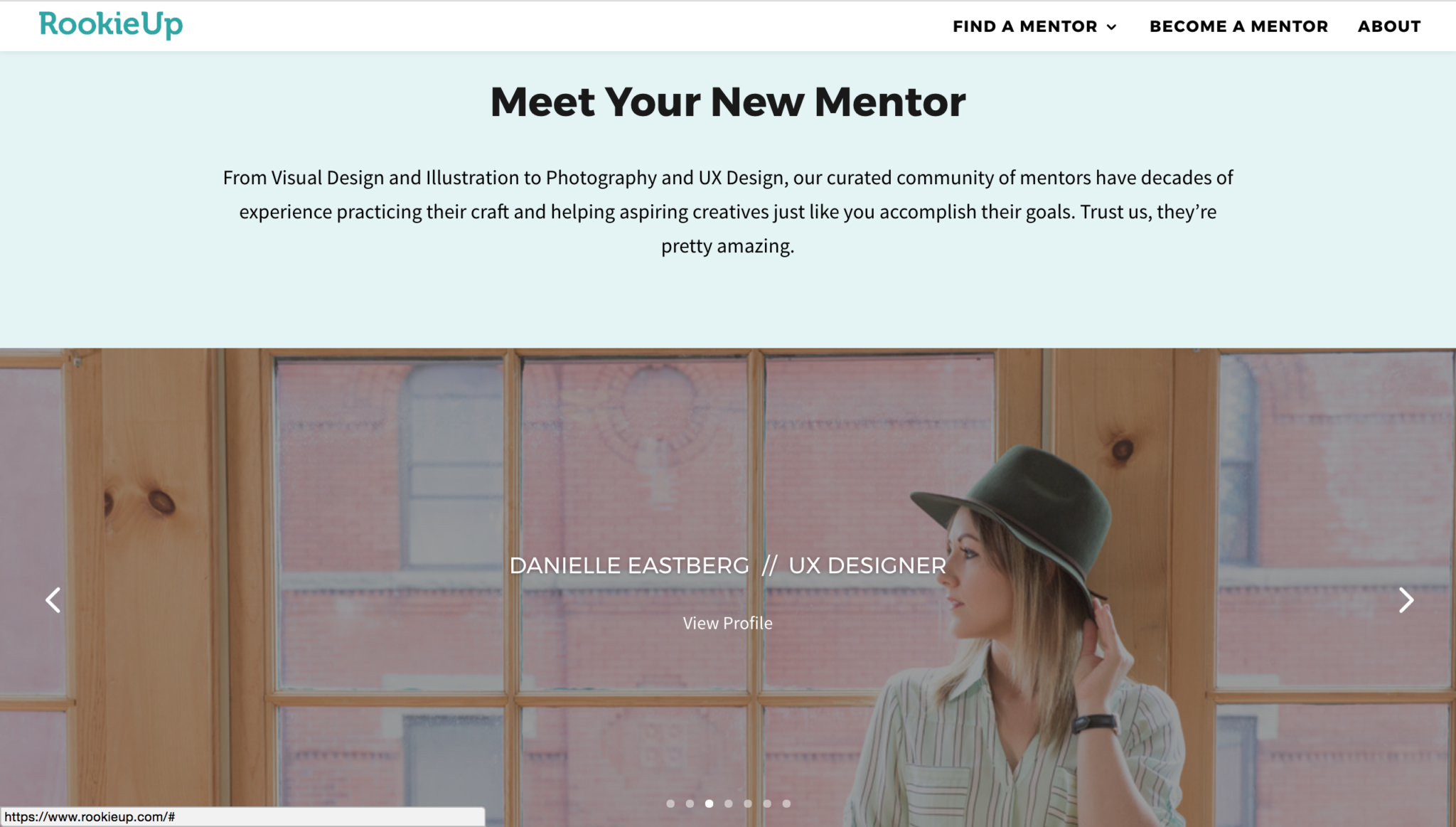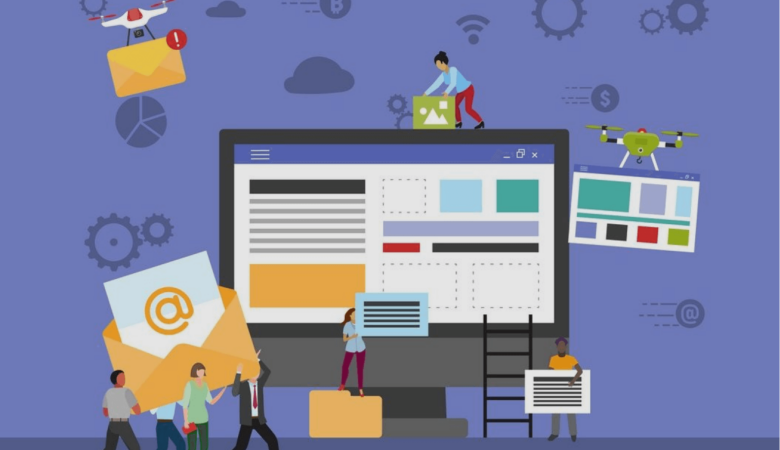Considering the amazing professional and personal development possibilities along with the large market offered by the online world, it’s no surprise more and more people of all ages are eager to acquire new skills, whether it’s just for earning extra money from a side job or for setting out on a completely new, exciting career path (as a web designer, marketer, web developer etc).
The online education industry is quickly expanding: according to recent studies, in 2015, the e-learning market was worth $166.5 billion. In 2017, it’s been estimated that this will grow to $255 billion. So, can we consider online learning the future of education?
One form of online education consists of the for-credit courses students enrol in for taking online classes offered by higher education learning institutions. But we will now concentrate on the other form of online education, usually targeted at professionals and students interested in getting online professional training and certification preparation to broaden their horizon.
While the number of people choosing to begin an online course is swelling each year, we can’t ignore the boundaries and the challenges of online education. Some interesting research recently conducted by specialists shows that 96% of people who start online courses never finish them.
For example, if you are an aspiring creative, interested in a career in visual design or illustration with no guidance from a specialist who could answer your questions and help you achieve your creative goals, you might feel lost and drop an otherwise interesting online course. On the other hand, studies show that people who receive one on one teaching will perform 2 standard deviations better than people who don’t have a personal coach.
This is why Rookieup is trying to introduce a level of personalization to the “self-guided online education” industry who could help the students finish their chosen online course, reducing frustration and improving the quality of their work.

How does it work?
You can search the community to find the perfect mentor for you. Then, you schedule a 30-minute session with your chosen mentor to talk about the industry, ask technical questions or receive quick design critique. In case you need more in-depth explanations, career advice or a complete portfolio review, you can go for 60-minute sessions with your mentor. This could develop into a long-term professional relationship with a specialist who can offer you guidance throughout your journey. Whether you are interested in motion graphics, visual design, UX design or photography, mentorship could be your way towards professional achievement.

How does that help you? Receiving good feedback is crucial, especially when you are a beginner. And, even if you have worked on a number of projects, you might sometimes feel at a loss as a designer. You may lack inspiration or get stuck in the same set of color schemes fonts and design elements that you tend to use again and again, project after project. You need innovation and encouragement to break from the old style you are so familiar with. A good mentor will give you fresh insights, will help you get out of your comfort zone and will recommend sources of inspiration that will jump-start your creativity.
How do you know if your mentor is good for you?
You should choose someone whose skill sets are complementary, rather than too similar, so that you have even more to learn from this person. The perfect mentor will understand your strong points and your weak points and will provide all necessary support for you to overcome difficulties.
I am sure you are tired of the corporate environment, and would rather become your own boss. However, becoming a freelance graphic designer/illustrator can be tough. It takes time and great effort to learn and develop new technical skills, gain self-confidence to take up more difficult, challenging projects, build a partner network and find that successful marketing technique that brings you on top. Successful freelancers also know how to choose their clients, how to quote their work, when to stop working and take vacations.
It may take years to learn how to cope with all these aspects, without the help of an experienced mentor who can offer you industry insights and career tips thay might ease your way up. A very important aspect a mentor could help you understand is how to be more efficient with your time and how to take pleasure in your work. After all, you should enjoy your journey and not let stress take away your happiness.
Conclusion
Finally, it’s extremely important to understand that your mentor just gives you direction; but, at the end of the day, it’s YOU who has to make the right choices. Your mentor isn’t there to tell you which direction you should take, they are their to offer guidance, which will only help you down the path you choose to take.
Who knows, perhaps with a little help, you could become the next Kal Michael (one of the first iOS designers), Gemery Mumenthaler (employee 1 at Noun Project), or Mike Casebolt (freelance designer/illustrator). They all became who they are today with the help of great teachers. So, believe in yourself, find a good mentor, and keep up the good work!






I literally Googled “How to find a mentor” yesterday. This should be good…